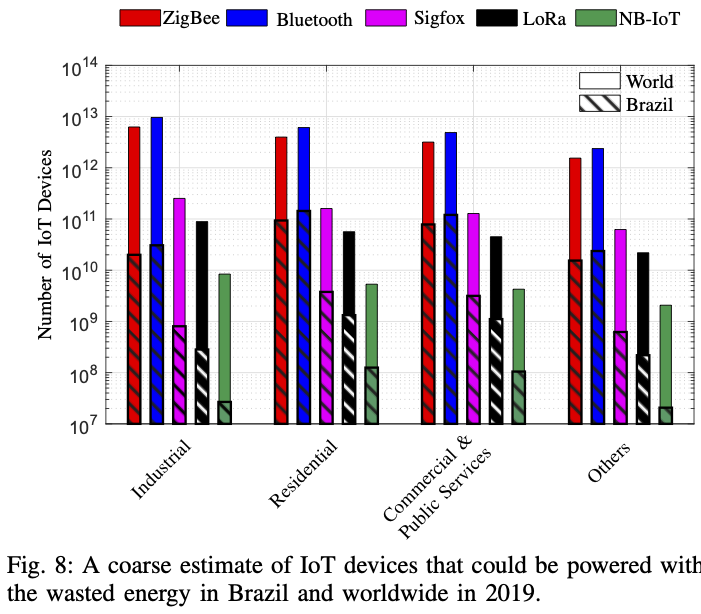Energy Harvesting in Electric Power Systems for Data Communication Systems
DOI:
https://doi.org/10.14209/jcis.2024.6Keywords:
energy harvesting, power line communications, electric power system, wasted electric signalAbstract
Aiming to illuminate the path towards integrating energy harvesting (EH) technologies into modern electric power systems, thereby enabling more efficient and sustainable energy solutions, this paper explores energy harvesting within electric power systems and points out its potential to power data communication purposes. In this sense, we examine the overarching principles of EH in these systems, spotlighting both the merits and limitations associated with energy extraction across varying voltage levels and electric signal frequency bands. Central components of EH devices, alongside a spectrum of harvesting methodologies, are thoroughly reviewed. Also, we showcase a case study that provides a quantitative assessment of EH potential in electric power systems. The manuscript culminates in a forward-looking analysis of EH, considering emerging technologies that promise to redefine the landscape. These include integrating hybrid power line and wireless systems, strategies for optimal power allocation, enhancements in physical layer security, the innovative concept of negawatts, advancements in harvesting circuit designs and applying non-orthogonal multiple access techniques.
Downloads

Downloads
Published
How to Cite
Issue
Section
License
Copyright (c) 2024 Victor Fernandes, Ândrei Camponogara, Mateus de Lima Filomeno, Moisés Vidal Ribeiro (Author)

This work is licensed under a Creative Commons Attribution 4.0 International License.
Authors who publish in this journal agree to the following terms:
- Authors retain copyright and grant the journal right of first publication with the work simultaneously licensed under a CC BY-NC 4.0 (Attribution-NonCommercial 4.0 International) that allows others to share the work with an acknowledgment of the work's authorship and initial publication in this journal.
- Authors can enter into separate, additional contractual arrangements for the non-exclusive distribution of the journal's published version of the work (e.g., post it to an institutional repository or publish it in a book), with an acknowledgment of its initial publication in this journal.
- Authors are permitted and encouraged to post their work online (e.g., in institutional repositories or on their website) before and during the submission process, as it can lead to productive exchanges, as well as earlier and greater citation of published work (See The Effect of Open Access).
___________
Accepted 2024-02-07
Published 2024-02-22


